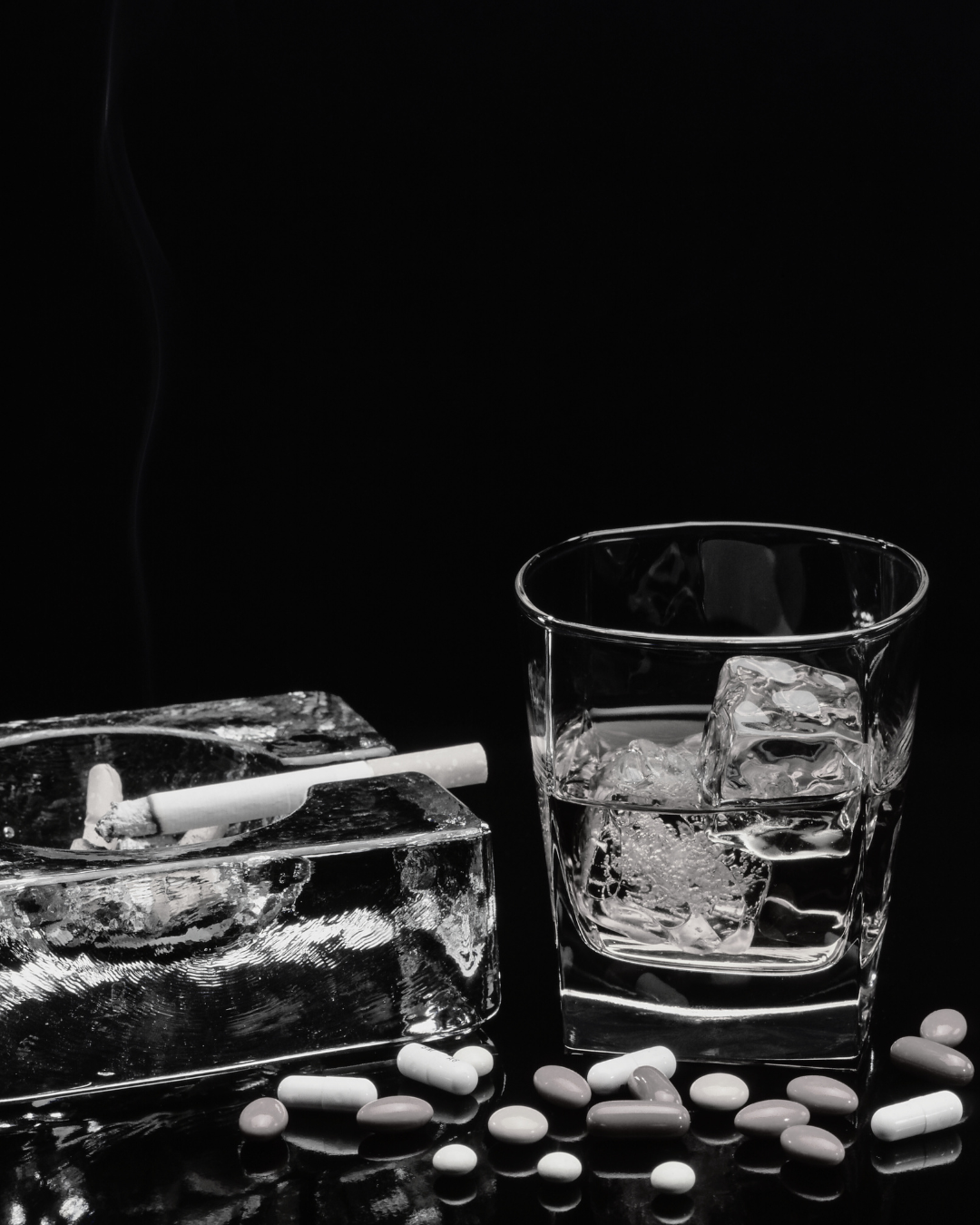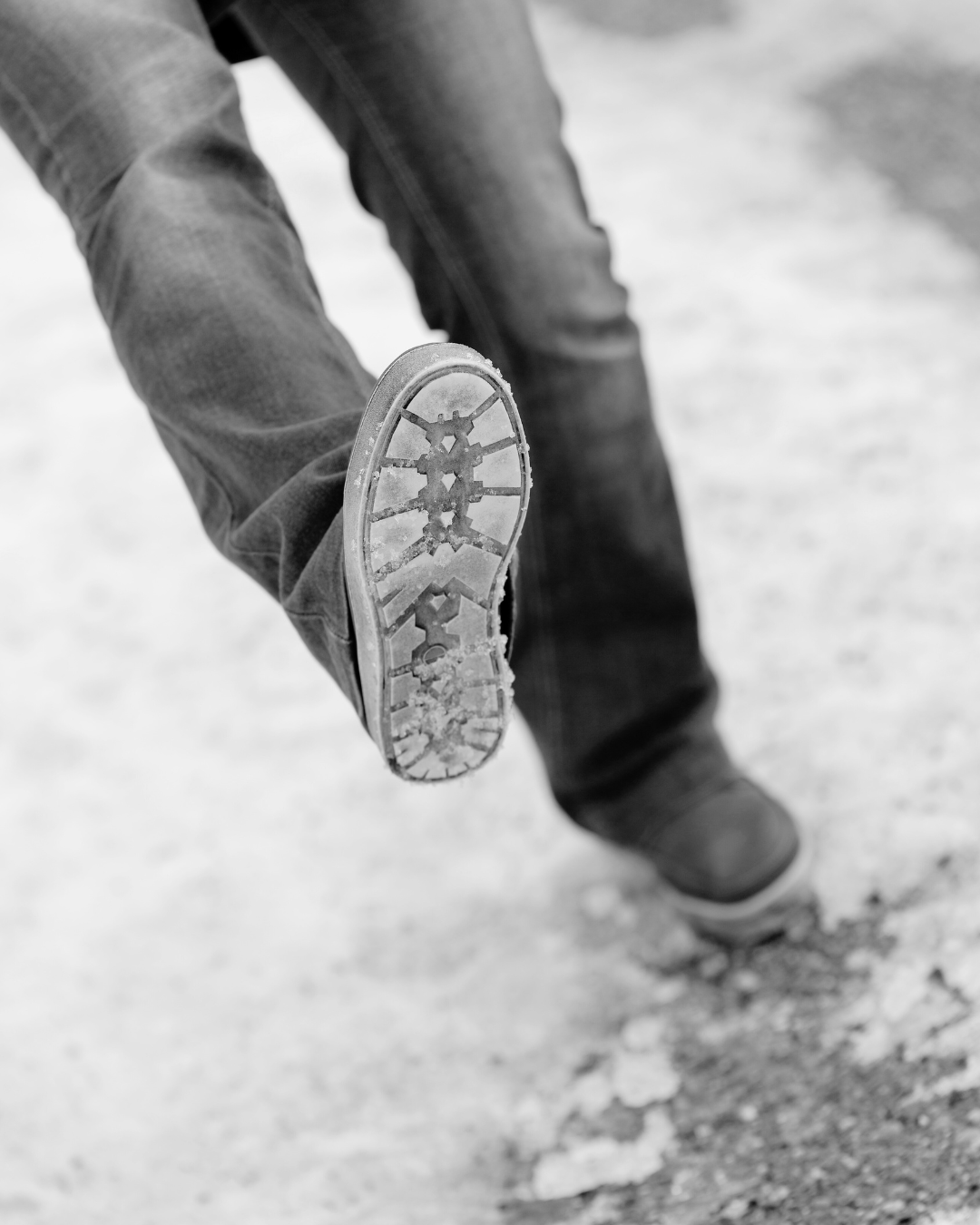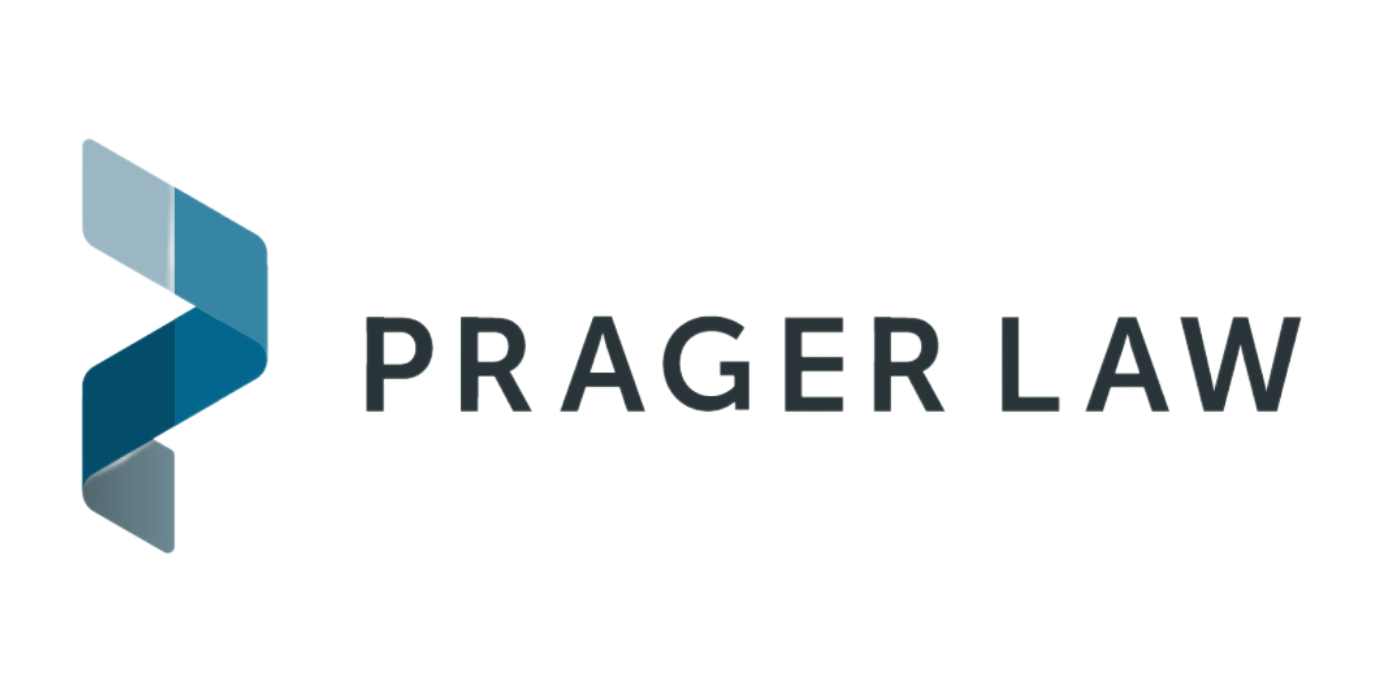
The Premises Liability Act Explained
In Colorado, C.R.S. § 13-21-115 (the Colorado Premises Liability Act) controls how slip and fall cases work. These are known generally as Premises Liability Act cases or PLA cases.
The plaintiff’s classification in a PLA case is of critical importance. This is because the landowner’s responsibility changes depending on what the plaintiff’s status was at the time of the injury. These classifications are an “invitee,” a “licensee,” and a “trespasser,” each with their own associated duty of care.
Invitee
An invitee is a person who enters or remains on the property belonging to another person or entity while transacting business. This is the highest level of care, and can come up when a plaintiff slips and falls on a spill in a big box store, for example. The law defines an invitee as “a person who enters or remains on the land of another to transact business in which the parties are mutually interested or who enters or remains on such land in response to the landowner’s express or implied representation that the public is requested, expected, or intended to enter or remain.” C.R.S. § 13-21-115(5)(a).
To recover as an invitee, the plaintiff must be injured by a “landowner’s unreasonable failure to exercise reasonable care to protect against dangers of which he actually knew or should have known.” C.R.S. § 13-21-115(3)(c)(I). In other words, the landowner must take steps to fix problems he or she knew about or should have known about.
If the land you are on is classified as agricultural land, however, the plaintiff can only recover if the landowner actually knew about the danger.

Licensee
A licensee is a person who enters or remains on land for his or her own convenience or interest with the landowner’s permission, including a social guest. The law defines a licensee as “a person who enters or remains on the land of another for the licensee’s own convenience or to advance his own interests, pursuant to the landowner’s permission or consent.” C.R.S. § 13-21-115(5)(b).
To recover as a licensee, a plaintiff must be injured by “the landowner’s unreasonable failure to exercise reasonable care with respect to dangers created by the landowner of which the landowner actually knew” or “the landowner’s unreasonable failure to warn of dangers not created by the landowner which are not ordinarily present on property of the type involved and of which the landowner actually knew.” C.R.S. § 13-21-115(3)(II).
In other words, if you are a social guest and you are injured when the landowner creates a dangerous condition or knows of a dangerous condition not ordinarily present on the land.
Trespasser
A plaintiff can recover even if they are trespassing on land, but it is more difficult. A trespasser is someone on land without permission and is defined by law as “a person who enters or remains on the land of another without the landowner’s consent.” C.R.S. § 13-21-115(5)(c). A trespasser can only recover for damages “willfully or deliberately caused by the landowner.” C.R.S. § 13-21-115(3)(I).
If you have been injured on another person’s property, contact Prager Law today to discuss your case and determine if you have a claim.


